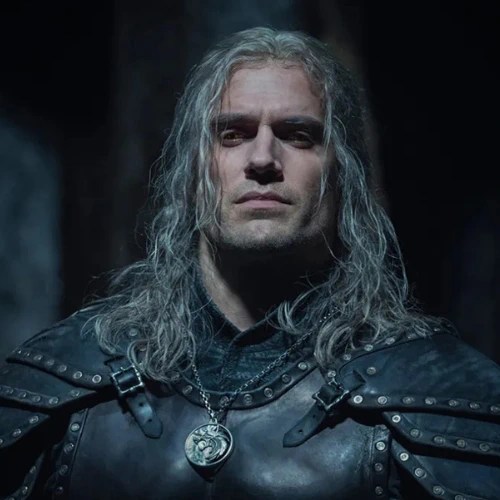Henry Cavill has carved out an unusual niche in Hollywood. Where most A-list actors chase paychecks and prestige projects, Cavill hunts for intellectual properties he genuinely obsesses over. His move from The Witcher to Warhammer 40K isn’t career opportunism. It’s the continuation of a pattern that could either revolutionize how studios approach adaptations or create spectacular creative disasters.
The trajectory looks consistent on the surface. Cavill latches onto properties he consumed as a fan long before cameras rolled. He read the Witcher books, played the games, understood the source material’s DNA. With Warhammer 40K, he’s spent decades painting miniatures and absorbing lore. When he talks about these worlds, he speaks with the fluency of someone who lived in them before Hollywood came calling.

But The Witcher’s ultimate trajectory tells a different story. Despite Cavill’s passion and fan credentials, the show deviated from source material in ways that clearly frustrated him. His departure after three seasons wasn’t just scheduling conflicts with Superman. The diplomatic language around “creative differences” masked genuine tension between his vision and the writers’ room. Cavill wanted fidelity to Sapkowski’s work. The showrunners wanted broader appeal and creative flexibility.
This creates an uncomfortable question for Amazon’s Warhammer project. Cavill now holds executive producer status, giving him significantly more creative control than he wielded on The Witcher. Amazon courted him specifically because of his fan credentials and the built-in audience trust that comes with them. But executive producer titles don’t eliminate creative conflicts. They can amplify them.
The grimdark universe of Warhammer 40K presents unique challenges that The Witcher never faced. Sapkowski’s world, while dark, contains hope and heroism. The 40K universe is built on the premise that everything is terrible and getting worse. There are no good guys, only degrees of awful. The Imperium of Man commits daily atrocities that make medieval witch hunts look restrained. Chaos corruption isn’t just evil, it’s existentially horrifying in ways that require mature storytelling to convey properly.
Cavill understands this. His public comments about the property emphasize its complexity and moral ambiguity. He gets that 40K can’t be sanitized without destroying what makes it compelling. But Amazon is a business that needs audiences beyond the tabletop gaming demographic. The tension between authenticity and accessibility killed many adaptations before filming began.
The studio dynamics work differently this time. Netflix treated The Witcher as one property among hundreds. Amazon is betting significantly larger amounts on fewer, bigger swings. They want their own Game of Thrones, their own Lord of the Rings success story. This gives Cavill more leverage but also more pressure. If the show fails, it won’t be quiet cancellation after three seasons. It will be visible, expensive failure.

Cavill’s pattern suggests he won’t compromise on core elements that define the source material. His Witcher experience proved he’s willing to walk away from major projects when creative visions clash irreconcilably. Amazon presumably knows this going in. They’ve had time to observe how he operates and what lines he won’t cross.
The question becomes whether Amazon can build a creative structure that accommodates Cavill’s uncompromising approach to source material while still producing television that works for audiences unfamiliar with 40K lore. The Witcher experiment failed because Netflix couldn’t balance these priorities. Amazon gets one chance to prove the model works.
If successful, Cavill will have demonstrated that passionate fan-actors can shepherd complex properties to screen without destroying what made them compelling originally. If it fails, Hollywood will likely conclude that giving fans creative control creates more problems than it solves. The stakes extend beyond one television series. They encompass the future of how studios approach beloved but niche intellectual properties.
The Warhammer 40K adaptation represents Cavill’s definitive test case. This time, he has the power to shape the project from development through production. No excuses about network interference or showrunner conflicts. Success or failure rests largely on whether his passion can translate into television that honors the source material while actually functioning as entertainment for general audiences.








